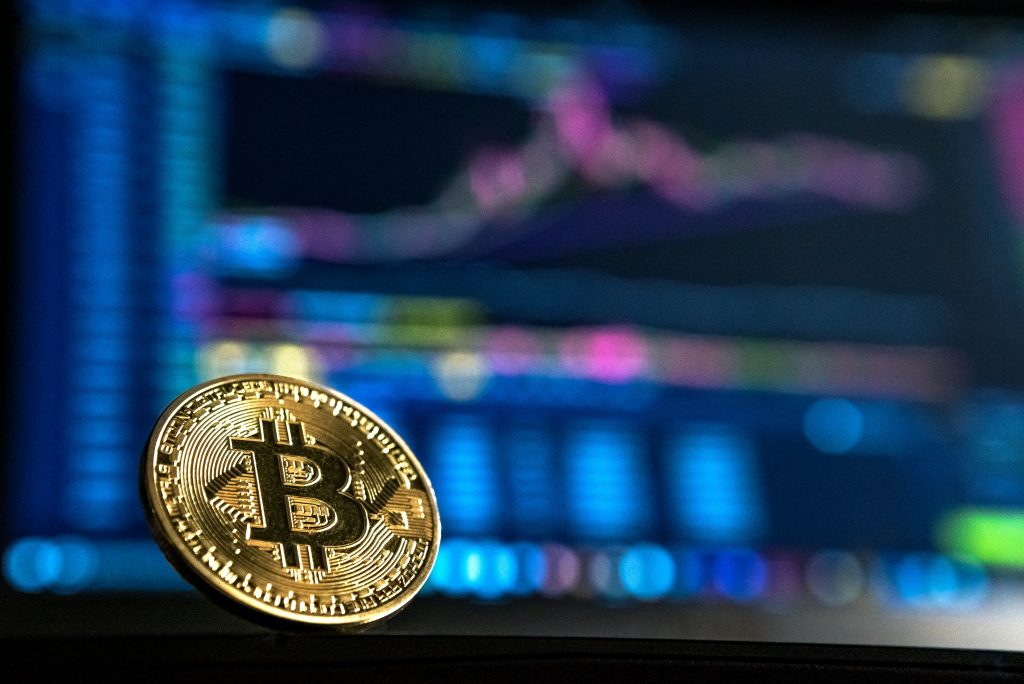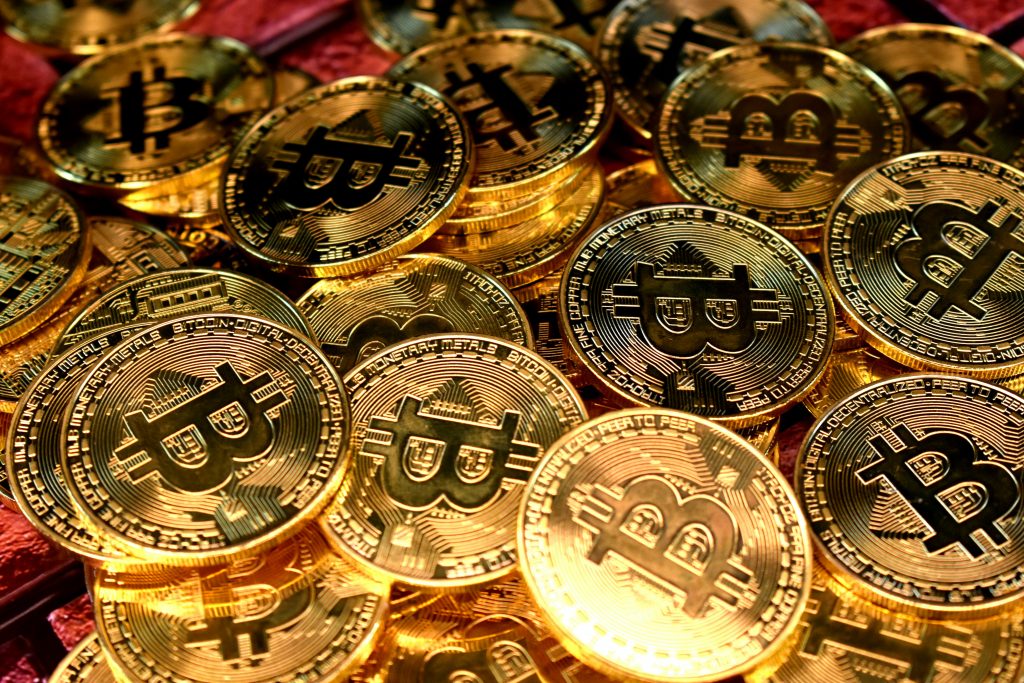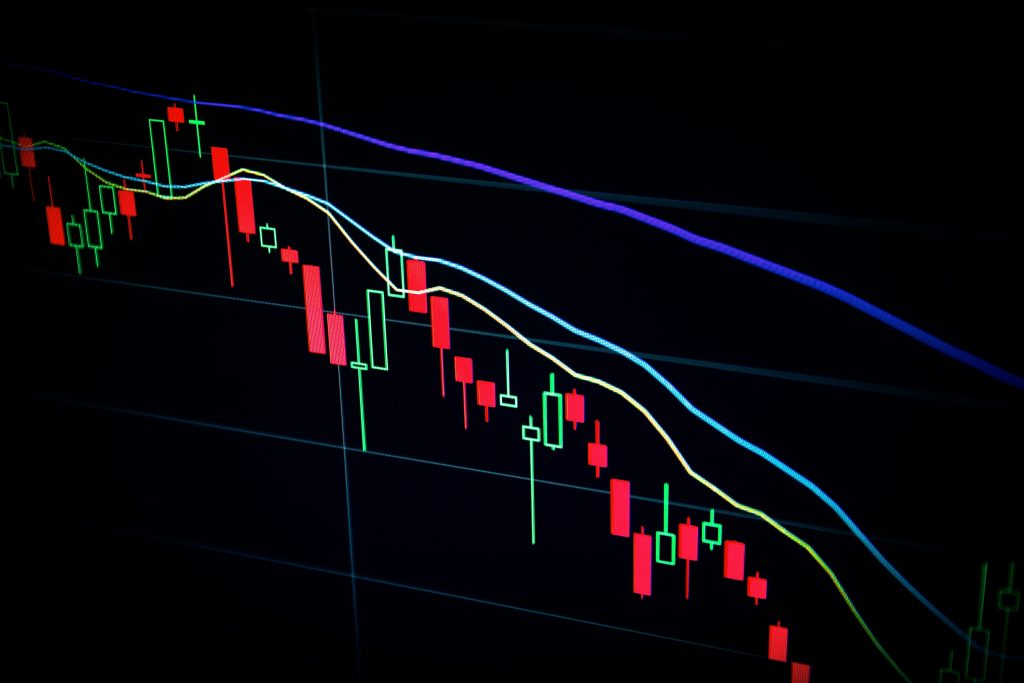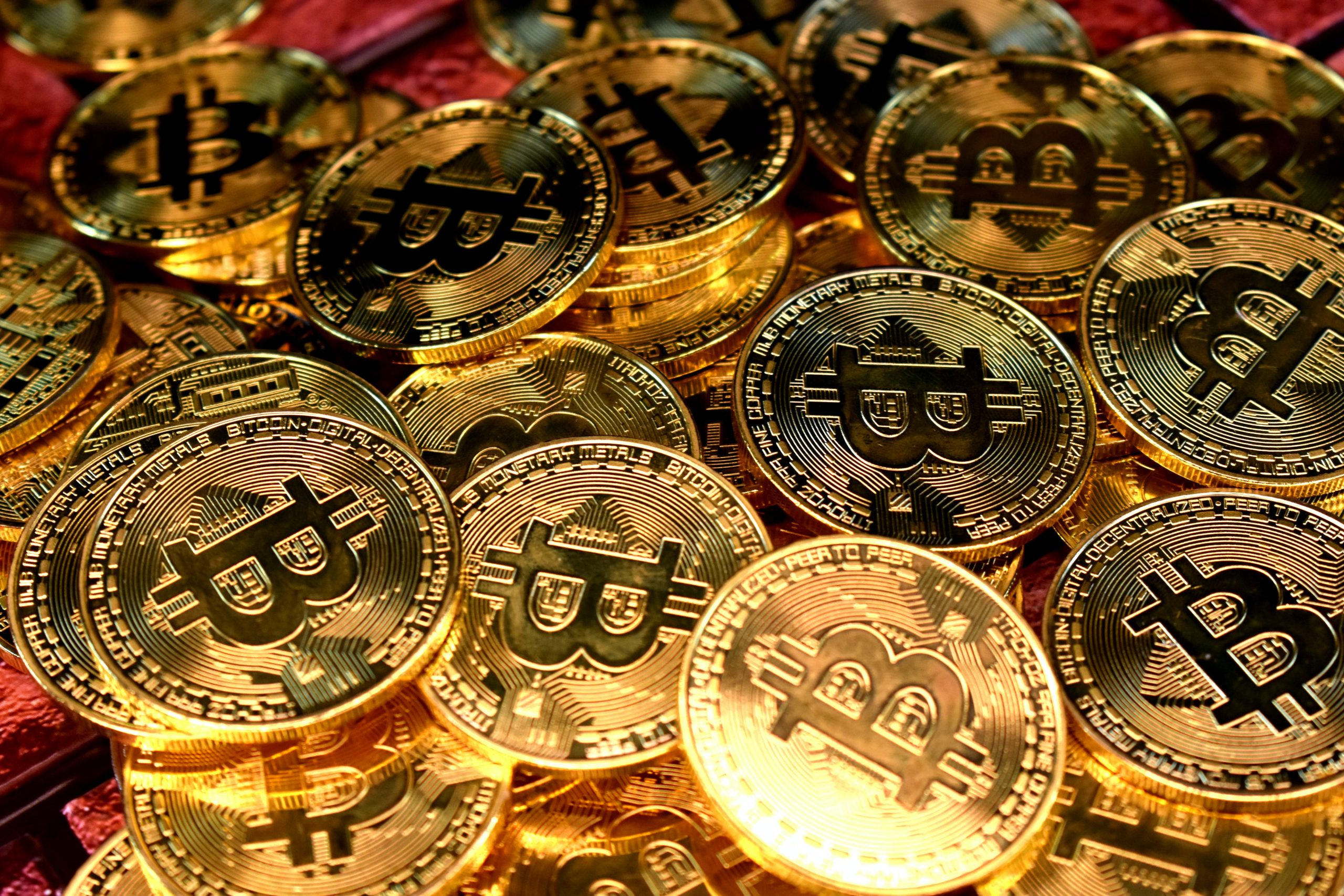Have you ever considered investing in gold? It has long been seen as a reliable store of value and a hedge against inflation. But what if I told you that technology is now leveling the playing field and making gold investment accessible to everyone? Welcome to the digital gold revolution, where advancements in technology are democratizing precious metals. In this article, we will explore how technology is changing the way we invest in gold and the opportunities it presents for investors. From digital gold platforms to blockchain technology, we will delve into the exciting world of gold investment in the digital age. So, whether you’re a seasoned investor or just starting out, buckle up and get ready to discover how technology is revolutionizing the gold market.

This image is property of images.unsplash.com.
The Growing Importance of Digital Gold
With the digitalization of financial markets, the world of investing has witnessed several significant changes in recent years. One such trend that has gained momentum and is becoming increasingly important is the rise of digital gold. As an experienced investor in gold, I am here to provide you with a comprehensive overview of this revolutionary development in the investment landscape.
Digitalization of Financial Markets
The digitalization of financial markets has opened up new opportunities for investors around the world. It has helped democratize precious metals like gold, making them more accessible to individual investors. Digital platforms and technologies have made it easier than ever before to invest in and trade gold, eliminating many of the barriers that were once associated with traditional gold investing.
Emerging Trends in Gold Investing
Within this digital revolution, gold investing has also experienced its own share of advancements. While traditional methods of investing in physical gold, such as buying gold bars or coins, still exist, the emergence of digital gold has added a new dimension to the market. Understanding the basics of digital gold is crucial for investors looking to take advantage of these emerging trends.
Understanding the Basics of Digital Gold
What is Digital Gold?
Digital gold refers to the digitized representation of physical gold. It allows investors to own fractional shares of gold without having to physically possess or store the metal. Instead, investors hold digital certificates or tokens that represent their ownership of gold. These certificates are typically backed by physical gold stored in secure vaults.
How Does Digital Gold Work?
Digital gold works through the use of blockchain technology, a secure and transparent digital ledger. Each token or certificate representing digital gold is recorded on the blockchain, providing proof of ownership and ensuring the integrity of the asset. Investors can buy and sell digital gold through various platforms, making transactions seamless and efficient.

This image is property of images.unsplash.com.
Advantages of Investing in Digital Gold
Accessibility and Convenience
One of the major advantages of investing in digital gold is the accessibility it offers to individual investors. Unlike buying physical gold, which often requires significant capital and storage arrangements, digital gold allows investors to enter the market with smaller amounts of money. Additionally, digital gold platforms enable investors to easily buy, sell, and trade their holdings, providing convenience and flexibility.
Security and Transparency
Digital gold provides enhanced security and transparency compared to traditional methods of investing in gold. Blockchain technology ensures that ownership records are immutable and secure, protecting investors from fraudulent activities. Additionally, digital gold platforms often provide real-time transparency on the underlying gold holdings, allowing investors to track and verify the authenticity of their assets.
Different Forms of Digital Gold
Gold-backed Cryptocurrencies
Gold-backed cryptocurrencies are digital currencies that have their value tied to physical gold. These cryptocurrencies are typically backed by specific amounts of gold, which are held in reserve to provide stability and ensure the value of the digital currency. Investors can own and trade these cryptocurrencies, allowing them to leverage the benefits of both gold and cryptocurrencies.
Gold Exchange-Traded Funds (ETFs)
Gold Exchange-Traded Funds, or ETFs, are investment funds that trade on stock exchanges and track the price of gold. These funds hold physical gold as their underlying asset and issue shares that investors can buy or sell. ETFs provide a convenient way for investors to gain exposure to gold without the need for physical ownership or storage.
Digital Gold Platforms
Digital gold platforms are online platforms that facilitate the buying, selling, and storing of digital gold. These platforms offer a user-friendly interface and often provide additional features such as real-time market data, secure storage, and easy transaction execution. Investors can access digital gold platforms through their computers or mobile devices, making it convenient to manage their investments.

This image is property of images.unsplash.com.
Gold-backed Cryptocurrencies
Definition and Functionality
Gold-backed cryptocurrencies are digital currencies that are backed by physical gold. The value of these cryptocurrencies is directly linked to the price of gold, providing investors with a way to invest in gold while leveraging the benefits of cryptocurrencies. These cryptocurrencies can be bought, sold, and traded on various digital platforms.
Popular Gold-backed Cryptocurrencies
Some popular gold-backed cryptocurrencies include Tether Gold (XAUT), PAX Gold (PAXG), and DigixDAO (DGD). Each of these cryptocurrencies has its own unique features and functionalities, attracting investors looking to diversify their portfolios and participate in the growing digital gold market.
Gold Exchange-Traded Funds (ETFs)
Explaining ETFs and Their Benefits
Gold Exchange-Traded Funds, or ETFs, are investment funds that are designed to track the price of gold. These funds hold physical gold as their underlying asset, allowing investors to gain exposure to the gold market without needing to own the physical metal. ETFs offer several benefits, including liquidity, ease of trading, and diversification opportunities.
Top Gold ETFs Available
Some top gold ETFs available to investors include the SPDR Gold Shares (GLD), iShares Gold Trust (IAU), and Aberdeen Standard Physical Gold Shares ETF (SGOL). These ETFs provide investors with a convenient way to invest in gold, as they can be bought and sold on major stock exchanges like any other stock or security.
Digital Gold Platforms
Features of Digital Gold Platforms
Digital gold platforms offer a range of features to investors, making it easier for them to buy, sell, and store digital gold. These platforms often provide real-time market data, allowing investors to stay informed about the current price of gold. Additionally, many digital gold platforms offer secure storage solutions, ensuring the safety of investors’ digital gold holdings.
Popular Digital Gold Platforms
Some popular digital gold platforms include Goldmoney, BullionVault, and Perth Mint GoldPass. These platforms have gained recognition for their reliable services, user-friendly interfaces, and robust security measures. Investors can choose the platform that best suits their needs based on factors such as fees, storage options, and accessibility.
Challenges and Risks of Digital Gold
Market Volatility
As with any investment, digital gold is not without its share of challenges and risks. One significant risk is the volatility of the gold market. Gold prices can fluctuate rapidly due to various factors such as economic conditions, geopolitical events, and investor sentiment. Investors need to carefully monitor market trends and be prepared for potential price swings.
Counterparty Risk
Another risk associated with digital gold is counterparty risk. When investing in digital gold, investors rely on the platform or issuer to fulfill their obligation of providing the equivalent physical gold for their digital holdings. It is essential to choose reputable platforms or issuers with a strong track record to minimize counterparty risk.
Regulatory Concerns
The digital gold market is still relatively new and evolving, which means there may be regulatory concerns that arise. Governments and regulatory bodies around the world are continuously evaluating the implications of digital gold and related cryptocurrencies. Changes in regulations could impact the availability, accessibility, or taxation of digital gold investments.
Tips for Investing in Digital Gold
Educate Yourself and Research
Before investing in digital gold, it is crucial to educate yourself about the various forms of digital gold and understand the market dynamics. Conduct thorough research to familiarize yourself with different platforms, cryptocurrencies, and ETFs. Stay updated on market trends, news, and regulatory developments to make informed investment decisions.
Diversify Your Portfolio
Diversification is a fundamental strategy in any investment portfolio, and the same applies to digital gold. Consider diversifying your digital gold investments across different platforms, cryptocurrencies, and ETFs. Diversification helps spread the risk and ensures that your investments are not overly dependent on a single asset or platform.
Future Outlook for Digital Gold
Integration with Blockchain Technology
The future of digital gold looks promising, as it continues to integrate with blockchain technology. Blockchain provides a secure and transparent ecosystem for digital gold transactions, ensuring the integrity and traceability of ownership. As blockchain technology evolves and becomes more widely adopted, it is expected to further enhance the efficiency and trustworthiness of digital gold investing.
Impact of Digital Gold on Traditional Investment
The growing importance of digital gold is undoubtedly impacting traditional investment approaches in the gold market. As more investors embrace digital gold, the demand for physical gold may experience changes. Traditional methods of investing in physical gold, such as buying gold bars or coins, may evolve to coexist with the digital gold market. This convergence of digital and traditional gold investment is likely to shape the future of the industry.
In conclusion, the rise of digital gold presents a paradigm shift in the world of investing. It brings accessibility, convenience, security, and transparency to individual investors, democratizing the precious metal. As an investor interested in gold, it is important to understand the basics of digital gold, the various forms it takes, and the potential risks and rewards associated with this innovative investment avenue. By staying informed and taking a diversified approach, you can navigate the digital gold revolution and potentially reap the benefits it offers.



